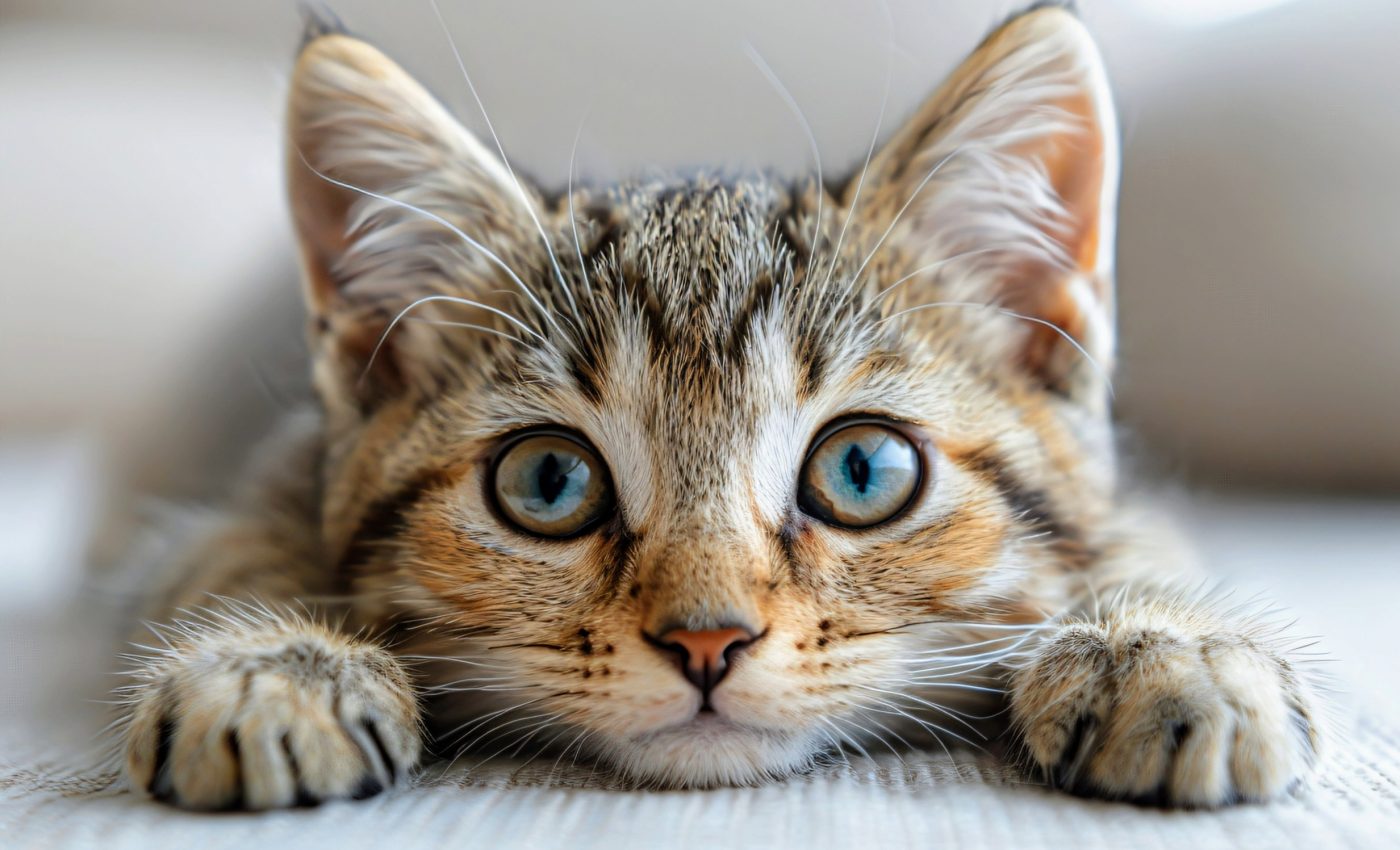
Global Cat Day: Creating life-saving change for cats
Global Cat Day, celebrated each year on October 16, is dedicated to raising awareness about the welfare of cats around the world.
The campaign was initially founded as National Feral Cat Day in 2001 by Alley Cat Allies, a nonprofit organization that advocates for the humane treatment of cats.
Cats are community
According to Alley Cat Allies, cats are community members and every community should have policies and programs to protect them.
“Global Cat Day is a day to embrace the global truth that Cats Are Community,” said the organization.
“This powerful statement is recognition that cats have lived alongside us for thousands of years, have a rightful place in our communities, and are beings with inherent value who deserve to be protected.”
Humane management of cat populations
Global Cat Day emphasizes the importance of humane methods for managing cat populations, particularly through Trap-Neuter-Return (TNR) programs.
These programs involve trapping stray and feral cats, having them neutered or spayed, and then returning them to their original location.
Trap-Neuter-Return programs help control the feral cat population without resorting to euthanasia. They improve the quality of life for both cats and communities.
Significance of Global Cat Day
Global Cat Day also promotes the adoption of cats from shelters, responsible pet ownership, and the protection of cats from harm and neglect. It is an opportunity to take action to improve the lives of cats worldwide.
Adopting a shelter pet
Adopting a cat from a shelter is a rewarding experience that can be life-changing for you and your new pet.
There are a variety of cats at the shelter, each with their own personality and background. Some are shy, while others are more curious and eager to meet new people.
Whether it’s a playful kitten or a calm, older cat, you should choose the best companion to fit your lifestyle.
Rescuing a cat can be incredibly fulfilling, especially knowing that you have given them a second chance at a happy life.
Responsible ownership
Responsible cat ownership involves providing a safe and healthy environment for your cat while considering the impact they may have on your household, neighborhood, and the broader environment.
Beyond providing your cat with basic needs, such as food, water, and regular veterinary care, it is important to provide mental and physical stimulation to keep your pet happy and healthy.
It is also important to make sure your home is safe and that your cat has comfortable spaces to rest and explore.
Another aspect of responsible ownership involves minimizing the impact cats may have on wildlife, particularly birds and small animals, by keeping them indoors or supervising their time outdoors.
Protecting cats from harm
For indoor cats, remove hazards like toxic plants, harmful chemicals, or objects they could ingest or injure themselves on.
For cats with outdoor access, it is important to limit their exposure to dangers such as traffic, predators, or other animals.
Unlike their wild ancestors, many domesticated cats lack the skills or resources to protect themselves from dangers in urban or suburban environments.
To advocate against abuse, you should report suspected cases of neglect to local authorities or animal welfare organizations.
Raising awareness about cat welfare
When cats are cared for properly, they are healthier, happier, and less likely to suffer from preventable diseases, malnutrition, or injuries.
Beyond individual animals, cat welfare plays a role in managing the overall population.
Without proper care, particularly spaying and neutering, stray and feral cat populations can grow rapidly, leading to challenges like overpopulation, the spread of disease, and environmental impacts.
By prioritizing cat welfare, communities can address these issues humanely and sustainably, promoting balance in the ecosystem.
Celebrating Global Cat Day
According to Charlene Pedrolie, president and chief operating officer of Alley Cat Allies, today is about embracing the global truth that Cats Are Community.
“Cats Are Community is a powerful recognition that every neighborhood, city, and country worldwide must have humane, non-lethal policies and programs that treat all cats as community members,” said Pedrolie.
“Evidence-based Trap-Neuter-Return (TNR), the only humane and effective approach to community cats outdoors, must be central to these policies. That is the thought leadership and change Global Cat Day is all about.”
People worldwide are encouraged to discover more ways to get involved at GlobalCatDay.org.
—–
Like what you read? Subscribe to our newsletter for engaging articles, exclusive content, and the latest updates.
Check us out on EarthSnap, a free app brought to you by Eric Ralls and Earth.com.
—–













